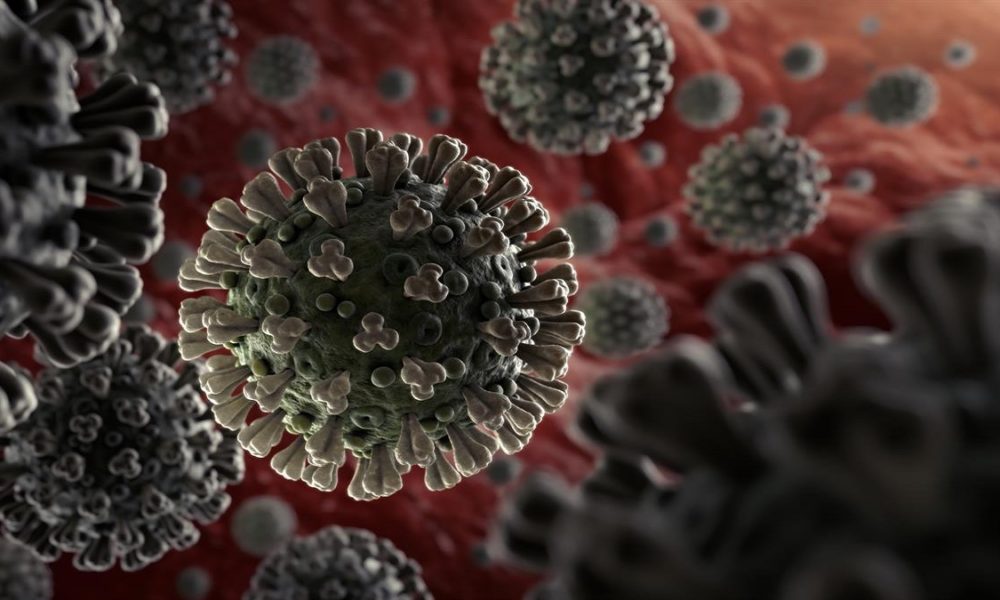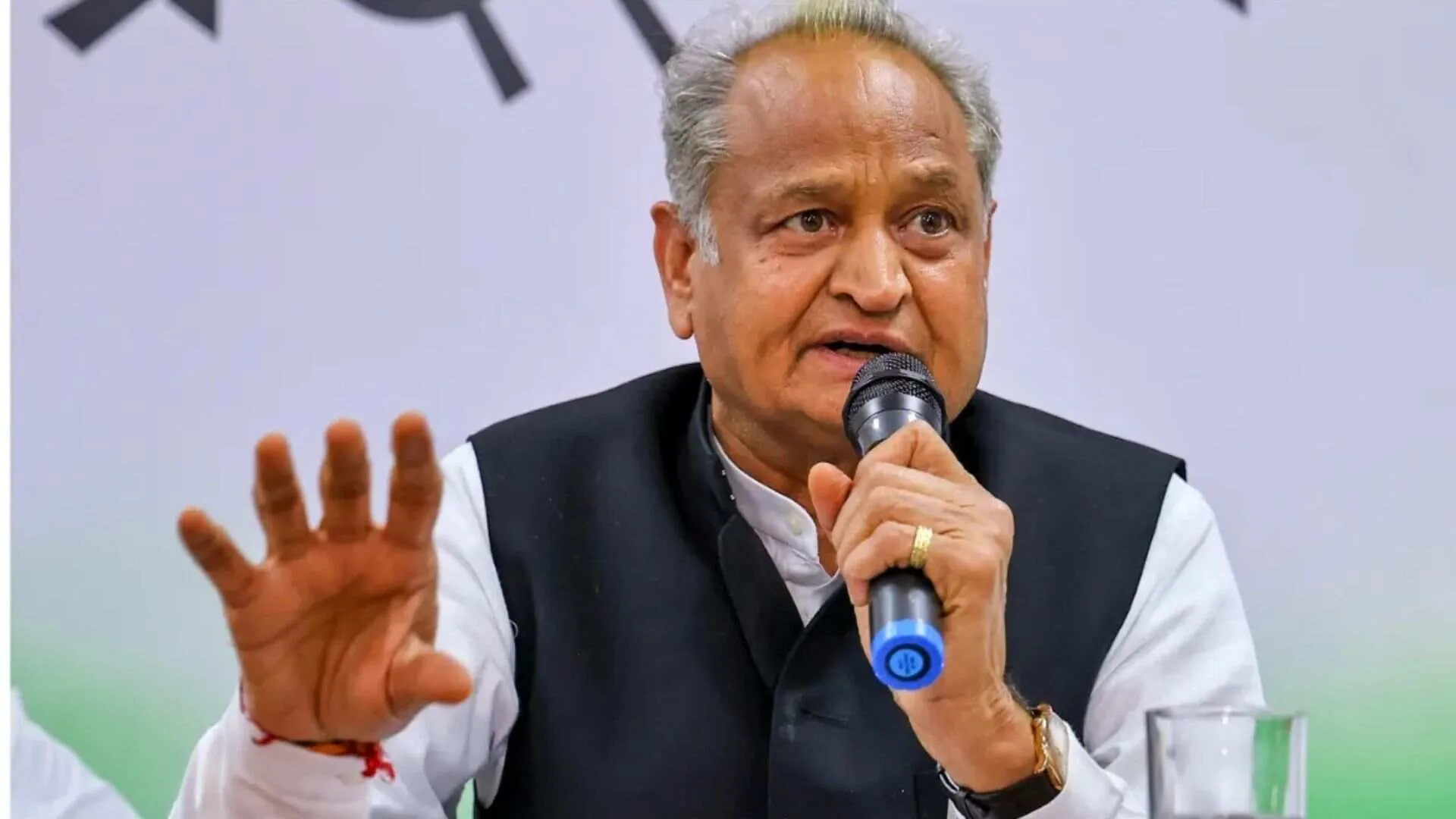The Covid-19 pandemic has tested the entire world with numerous unprecedented challenges and in a resource-limited country like ours, the pandemic has had a devastating effect on people and all the services especially, it has overburdened the healthcare system. While battling with the pandemic, another silent pandemic might emerge in the coming days because Covid has adversely impacted the non-Covid treatments ranging from cancer surgeries to teeth and eye issues, heart surgeries, kidney and liver diseases, diabetes, hypertension, and so on. In 2021, during the second and more virulent wave, when hospitals were struggling with oxygen supply and non-Covid beds were also occupied by Covid patients, many people with pre-existing comorbidities had suffered due to inadequate medical attention. The pandemic has transformed our lifestyle completely. This has forced people to stay indoors, work from home for long hours, depending on online services and therefore, the sedentary routine has accelerated the growth of various non-communicable diseases.
Non-communicable diseases (NCDs) refer to a group of diseases that affect individuals over an extended period and are the result of a combination of genetic, physiological, environmental, and behavioural factors. Some of the behavioural risk factors include an unhealthy diet, lack of physical activity, and tobacco and alcohol use. Factors such as ageing, rapid unplanned urbanisation, pollution, and globalisation also are contributing to the rise of NCDs around the globe. As the pandemic has become a global threat, NCDs are also one of the major challenges for public health in the 21st century, not only in terms of human suffering, but they are also causing a socio-economic burden to the nation. The Indian population has high rates of gastroenterological & liver diseases, uncontrolled hypertension and diabetes. All these either are risk factors for severe Covid-19 and mortality or Covid itself can lead to serious systemic consequences affecting major organs.
According to a WHO report, 61% of all deaths in India every year are because of NCDs. Given that Covid-19 is here to stay for an extended period, India needs to have an equal focus on treating NCDs as coronavirus becomes fatal in people living with pre-existing non-communicable diseases, and many people who have lost their lives due to Covid had some of the other pre-existing non-communicable diseases. It is crucial to remember before any further pandemic waves hit the country, besides treating the Covid patients and securing a particular percentage of manpower resources, ICUs, and beds for them, hospitals should prioritise treating the critical cases of NCDs given that ENT specialists, nephrologists, cardiologists, oncologists, etc. can’t be involved in Covid treatment. The resources and the bed and other required facilities should be equally divided among Covid and non-Covid treatment to prevent the wave of the non-Covid pandemic shortly. It is important to focus and invest in better management of NCDs. Since the scale of risk for NCDs essentially depends on timing and outcomes, the necessity of the hour is robust preventive measures, screening, and timely diagnosis, particularly, the urgency lies in protecting the vulnerable groups. Digital interventions need to be developed and disseminated fully in remote parts of the country to enhance the accessibility of health services. A better, resilient, and sustainable health system can be built with the successful implementation of AI and predictive models to predict stroke, cardiac arrests, etc.
The sheer population of our country throws an enormous burden on our modest healthcare infrastructure.
As the best practice to prevent any further complicated disease, patients should continue to follow a balanced diet, exercise regularly, and not skip their regular medication. Moreover, Indian populations need to shift the mindset from reactive to preventive because many Indian populations miss out on regular health checkups as they don’t feel the urgency unless they suffer. A more conscious approach should be taken towards regular diagnostics checkups to reduce the NCD burden. People should know the shutdown of routine clinical procedures will certainly lead to another catastrophe.
The writer is a Senior Consultant Critical Care & ICU at Fortis Escorts Hospital, Jaipur.























